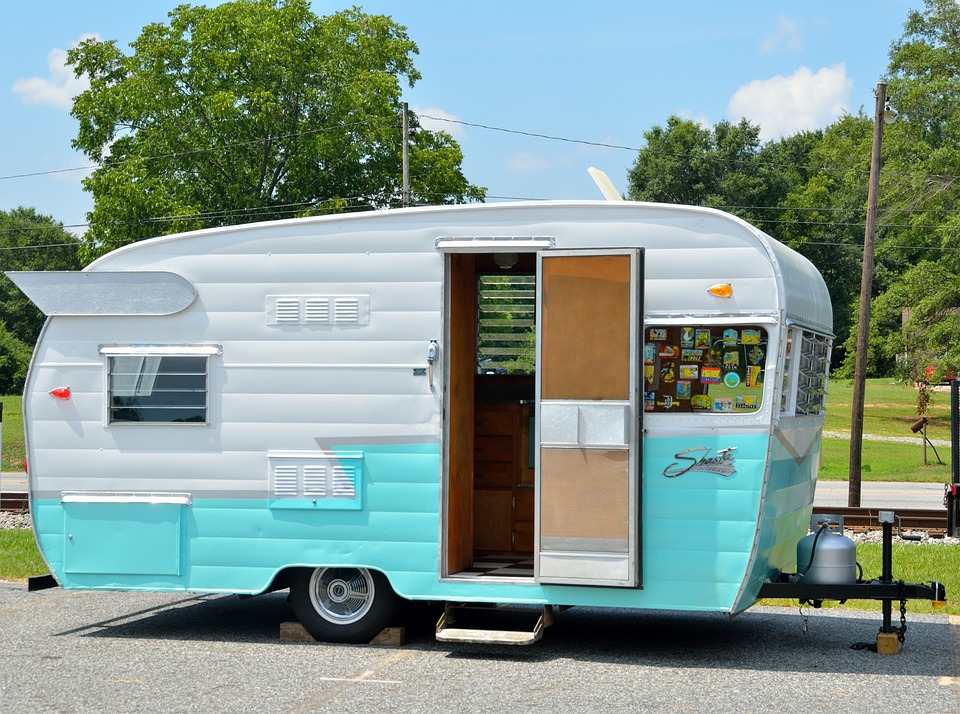Table of Contents
Introduction
Living off the land and embracing a sustainable lifestyle is becoming an increasingly popular choice for outdoor enthusiasts. Off-the-grid camping offers an opportunity to disconnect from the hustle and bustle of daily life, while immersing ourselves in the beauty of nature. In this article, we will explore the joys and challenges of sustainable off-the-grid camping, and provide tips and insights to help you embark on your own self-sufficient camping adventure.
The Benefits of Off-The-Grid Camping
Off-the-grid camping provides a unique opportunity to connect with nature on a deeper level. By relying on renewable resources and minimizing our impact on the environment, we are not only reducing our carbon footprint but also gaining a greater appreciation for the Earth’s natural wonders. This type of camping allows us to learn valuable skills such as foraging for food, purifying water, and building sustainable shelters.
Essential Supplies and Equipment
To successfully live off the land during your camping trip, there are several supplies and equipment you will need:
- Water filtration system or tablets to ensure a safe drinking water supply
- Non-perishable food items such as canned goods, dried fruits, and nuts
- A durable tent or hammock with adequate rain protection
- A backpack stove or a foldable camping grill for cooking meals
- A set of reliable camping tools, including a knife, multi-tool, and fire starter
It’s important to pack light and only bring what is necessary to avoid excessive waste and to reduce the strain on your back during long hikes. Prioritize lightweight and durable items that can withstand the ruggedness of the outdoors.
Foraging: Finding Food in Nature
One of the most exciting aspects of sustainable off-the-grid camping is foraging for food. Familiarize yourself with edible plants, mushrooms, and berries in the area you will be camping. However, it is essential to exercise caution and properly identify plants to avoid any potential risks.
Forage with respect for the environment, only taking what you need and leaving behind enough for nature to thrive. Educate yourself on sustainable foraging practices, and consider joining local workshops or guided tours to enhance your knowledge and skills.
Building Shelters from Natural Materials
Creating your own sustainable shelter using natural materials is not only an excellent way to connect with nature but also a valuable survival skill. Learn about local flora and its suitability for building, such as branches, leaves, and mud for cob construction. Building a shelter from scratch may take time and practice, so consider starting with simpler structures like lean-tos or A-frame tents.
Tips for Responsible Waste Management
When living off the land, it is crucial to practice responsible waste management. Here are some tips to minimize your environmental impact:
- Pack reusable containers and utensils to avoid single-use plastics.
- Properly dispose of your waste by following Leave No Trace principles.
- Burying human waste at least 200 feet away from water sources and campsites.
- Carry a small bag for collecting non-biodegradable waste and dispose of it properly upon returning to civilization.
Remember, leaving the environment in a better state than we found it is a fundamental principle of sustainable off-the-grid camping.
FAQs
1. Is off-the-grid camping safe?
Off-the-grid camping can be safe if you adequately prepare and have the necessary skills. It is crucial to research the location, inform someone of your plans, and carry essential safety equipment such as a first aid kit and navigation tools.
2. Can I charge my electronics while off-the-grid camping?
Charging electronics while off-the-grid can be a challenge. However, there are alternative power sources available, such as portable solar panels or hand-cranked chargers. It’s crucial to conserve energy and use electronics sparingly to ensure long-lasting power.
3. How do I find suitable off-the-grid camping locations?
Researching and identifying suitable off-the-grid camping locations can be done through various channels. Online resources, camping forums, and guidebooks can provide valuable information. Additionally, contacting local land management agencies can help you discover lesser-known camping spots.
4. What if I don’t have experience with off-the-grid camping?
It’s never too late to start! Begin by educating yourself on the necessary skills and safety precautions. Consider joining outdoor workshops or outings with experienced campers to gain hands-on experience and knowledge. Starting with shorter trips and gradually building up to longer durations can also be a great way to ease into the off-the-grid lifestyle.
5. How do I ensure a sustainable off-the-grid camping experience?
Prioritize sustainable practices, such as leaving no trace, minimizing waste, and respecting wildlife and the environment. Continually educate yourself on sustainable camping techniques, and actively contribute to preserving the natural surroundings by participating in local conservation efforts.
Conclusion
Sustainable off-the-grid camping provides a unique opportunity to experience the beauty of nature while living in harmony with the environment. By embracing this lifestyle, we not only minimize our impact on the planet but also deepen our connection with the natural world. With proper preparation, essential supplies, and knowledge of sustainable practices, anyone can embark on a self-sufficient camping adventure that leaves a positive mark on the Earth.




